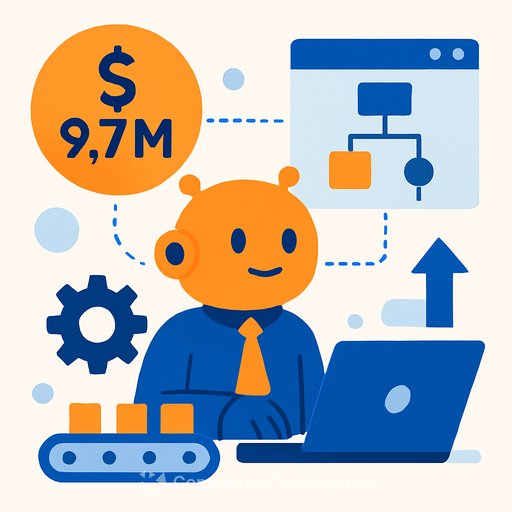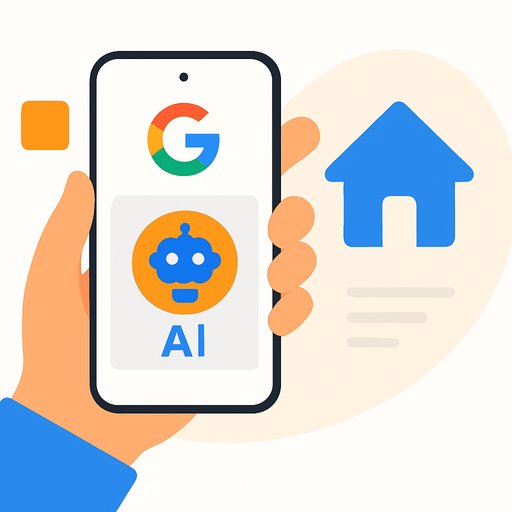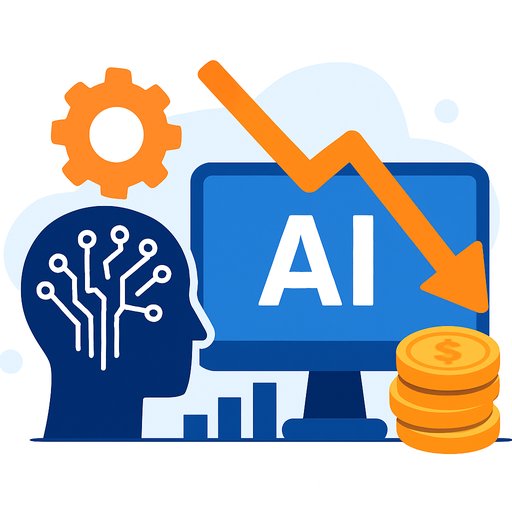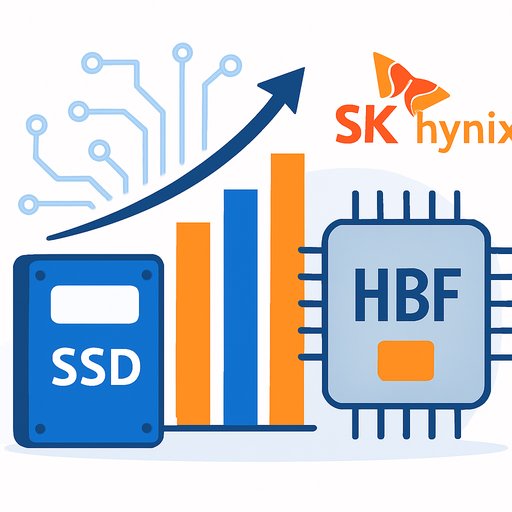Leo AI Raises $9.7 Million to Transform Mechanical Engineering with AI
Leo AI, a startup focused on applying artificial intelligence to mechanical engineering, has secured a total of $9.7 million in funding. The recent $5 million seed round was led by Flint Capital. The company is developing the first domain-specific AI platform for mechanical engineers, aiming to automate repetitive tasks and speed up product development.
Since launching, Leo AI has been adopted by over 20,000 engineers worldwide and delivered strong revenue results in its first month of monetization.
From Frustration to Innovation
Mechanical engineers Dr. Maor Farid and Moti Moravia founded Leo AI after experiencing the inefficiencies in traditional engineering workflows firsthand. Despite their achievements in academia and industry, they found themselves stuck with outdated tools that demanded excessive time searching for parts, working through legacy systems, and repeating manual tasks instead of focusing on creative design.
Drawing on their AI expertise—Maor from a postdoctoral fellowship at MIT and Moti from the defense sector—they combined forces to create a solution built specifically for mechanical engineers.
How Leo AI Supports Engineers
Leo AI’s platform integrates directly with engineers’ existing software, including CAD and product lifecycle management (PLM) tools. It can read and interpret both text documents and CAD files, enabling it to:
- Answer technical questions
- Solve engineering problems
- Run calculations
- Locate parts quickly
- Generate 3D concepts
Unlike generic AI tools that rely on public data and can produce unreliable results, Leo AI is trained on over one million verified engineering sources such as books, standards, and professional articles. This specialized data set helps it achieve a 96% accuracy rate when assisting with engineering tasks.
Saving Time, Boosting Innovation
The platform’s goal is to help engineers focus on innovation by removing tedious and time-consuming elements of their work. Leo AI is not meant to replace creativity but to support it by handling background tasks that slow down progress.
By saving engineers an average of five hours per week, Leo AI can speed up breakthroughs in fields like medical devices, electric vehicles, sustainable packaging, and energy-efficient manufacturing.
Industry Recognition and Adoption
Leo AI has captured attention from key players in engineering. Bertrand Sicot, former CEO of SolidWorks and Deputy CEO of Visiativ, called Leo “the first AI truly built for engineering” and predicted it will change how products are developed.
The startup’s investors include TechAviv, 2 Lanterns VC, OurCrowd, Mento VC, and strategic backers such as the VP of Research and Engineering at Google. Engineers at companies like Scania, HP, and Mobileye are already using Leo AI.
The platform is distributed through value-added resellers across the United States, United Kingdom, India, France, Germany, Poland, the Benelux region, and Israel.
Key Quotes
On creativity and engineering workflows:
“Product design is the embodiment of human creativity. MEs are talented people who came to our profession to build and innovate, but eventually, we find ourselves in front of software that hasn’t changed since the 1990s.”
On AI’s role in engineering:
“Despite what Hollywood and Ironman teach us, AI won’t take away the creative part of making products. Instead, AI will handle the tedious manual tasks like finding parts on PLM, searching through documents, and running basic calculations.”
On the time lost to non-creative tasks:
“It took 46 years for electric cars to go from concept to mass adoption, and over a decade to develop the James Webb Space Telescope—much of that time was spent on documentation, revisions, approvals, and fixing avoidable mistakes.”
On the practical nature of Leo AI:
“We are proud to build the most boring, unsexy AI you can think of. We don’t turn ideas into robots; we learn from your PLM and local files, integrate with your CAD, and help you with calculations, problem-solving, and generating 3D concepts—all based on your best practices, with context and accuracy.”
On what Leo AI feels like to engineers:
“Leo is like a super engineer who has read all your PDM documents, watches over your SolidWorks, and helps your engineers make better decisions faster.”
On filling a gap in AI for mechanical engineers:
“Before Leo, other professions had their AI—lawyers have Harvey, developers have Cursor—what about MEs? Today we finally have ours.”
— Dr. Maor Farid, Co-Founder & CEO at Leo AI
On the awaited progress in engineering AI:
“Leo is the first AI applied to engineering, and engineers are eager for this progress. It’s going to change how products are developed by improving the engineering process.”
— Bertrand Sicot, former CEO of SolidWorks and Deputy CEO of Visiativ
Your membership also unlocks:






